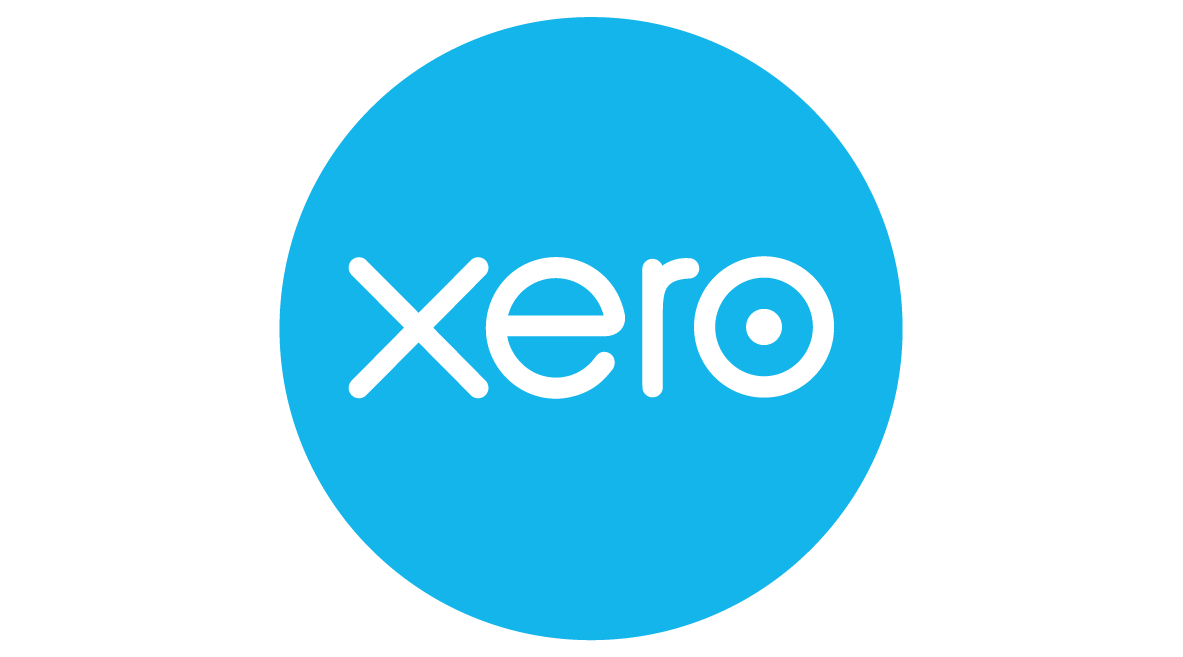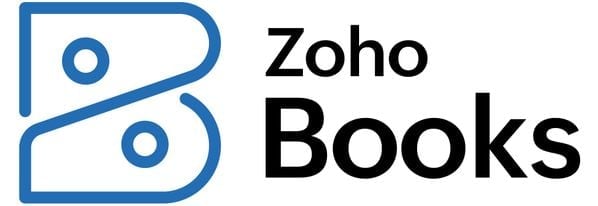Accounting Principles: Basic Definitions, Why They’re Important

Many or all of the products featured here are from our partners who compensate us. This influences which products we write about and where and how the product appears on a page. However, this does not influence our evaluations. Our opinions are our own. Here is a list of our partners and here's how we make money.
Using basic accounting principles makes your business financials more consistent, accurate and reliable.
Familiarizing yourself with these concepts can help you better understand the GAAP standards that publicly traded companies must adhere to (and that many small businesses follow).
While you might not deal with these principles on a daily basis, understanding them allows you to make sense of how transactions are recorded and how particular accounts, like revenue and expenses, are handled in your books.
Using basic accounting principles makes your business financials more consistent, accurate and reliable.
Familiarizing yourself with these concepts can help you better understand the GAAP standards that publicly traded companies must adhere to (and that many small businesses follow).
While you might not deal with these principles on a daily basis, understanding them allows you to make sense of how transactions are recorded and how particular accounts, like revenue and expenses, are handled in your books.
Accounting principles are defined rules that ensure businesses follow the same financial practices. By using these guidelines to standardize how you track and interpret accounting data, you can accurately compare financials from different time periods and gain a clear understanding of your business's health.
You may follow generally accepted accounting principles or a different standard. Whichever you use, it’s important to understand the basics — even if you have small-business accounting software. That way, you can have productive conversations with your financial advisor or accountant.
Here are the nine most important accounting concepts small-business owners should know.
FEATURED
1. Accruals
There are two main accounting methods that you can use: accrual and cash basis accounting.
Accrual basis: Financial statements match income and expenses to the periods in which they are incurred. For example, the accrual method would factor in accounts receivable as soon as an invoice is sent out as opposed to when the invoice is actually paid.
Cash basis: Financial statements only reflect income and expenses when they are received or paid. For instance, this method wouldn’t factor in accounts receivable. Instead, income would only be recorded once an invoice is paid.
Many small businesses start out with cash basis accounting, but accrual basis financial statements give you a much better understanding of your business’s financial position. Plus, generally accepted accounting principles, also known as GAAP, require public companies to use accrual accounting.
2. Consistency
The consistency accounting principle says that once you choose an accounting method (accrual or cash), you should stick with it for all future financial records. This allows you to accurately compare performance in different accounting periods.
The Internal Revenue Service also requires consistency for the purpose of filing small-business taxes. If you choose an accounting method and later want to change it, you must get IRS approval.
3. Going concern
The "going concern" accounting principle says you should assume that your business is in good financial condition and will remain in operation for the foreseeable future. This sometimes allows companies to defer the recognition of certain expenses into future accounting periods.
Of course, the accountant or auditor is free to come to a different conclusion if there’s evidence that the business can’t pay back its loan or meet other obligations. In that case, the company might need to start considering the liquidation value of assets.
4. Conservatism
Under the conservatism concept, revenue and expenses are treated differently. Businesses should record revenue only when there’s reasonable certainty that it will be recognized, for example by a purchase order or signed invoice.
However, businesses should recognize expenses sooner, when there’s even a reasonable possibility that they will be incurred. This weighs in favor of more conservative financial statements. It’s better for cash flow purposes to overestimate your expenses rather than your income.
5. Economic entity assumption
This accounting principle states that you should avoid commingling business and personal funds. Business financial statements should reflect only business transactions. For example, you should avoid putting personal expenses on a business credit card.
Failure to follow this concept can make your online bookkeeping much more difficult and even land you in legal trouble if you’re a corporation or limited liability company. In those cases, you can preserve limited liability protections only by separating business and personal finances.
6. Materiality
Businesses should record any financial transactions that could materially affect business decisions. Even if this results in minor transactions being recorded, the idea is that it’s better to give a comprehensive look at the business — this is especially important in the event of an audit.
Business accounting software makes it easy to record every small transaction, since most products automatically sync with your business checking accounts and business credit cards.
7. Matching
The "matching" accounting principle says that you should record revenue and expenses related to revenue at the same time to reveal any cause-and-effect relationships between income and purchases. For example, let’s say you pay a commission to a salesperson for a sale that you record in March. The commission should also be recorded in March.
8. Accounting equation
This basic accounting equation will help you understand how your accounting software records transactions:
Assets = liabilities + owner’s equity
As the formula indicates, assets go on the left side of the equation and are debited. In the same way, assets go on the left side of your general ledger. For example, if you receive cash, your accounting software would debit your cash account behind the scenes.
Liabilities and owner’s equity go on the right side of the equation and are credited. Similarly, these items go on the right side of your general ledger. For example, if the company issues shares of common stock, your software would credit that amount to the owner’s equity account.
To learn more about how debits and credits work, see this explainer on double-entry accounting.
9. Accounting period
The "accounting period" concept means that only financial records pertaining to the time period at issue should be included. This involves understanding three important financial reports: profit and loss statement, balance sheet and statement of cash flows.
The profit and loss statement and statement of cash flows cover a particular time period, such as a quarter or a calendar year. A balance sheet is a snapshot of a business’s assets and liabilities as of a particular date.
If you were making a profit and loss statement for the first quarter of the year, for example, you wouldn’t cover transactions that occurred before or after the quarter. This ensures that the company can accurately compare performance in different time periods.
Bookkeeping and accounting software | |
|---|---|
QuickBooks Online $30 per month and up. Read Review. | |
FreshBooks Accounting $17 per month and up. Read Review. | |
Xero $13 per month and up. | |
Zoho Books $0 per month and up. | |
Sage 50 Accounting $48.17 per month (when paid annually) and up. | |
Wave Financial Free (add-ons available). | |

| Product | Starting at | Promotion | Learn more |
|---|---|---|---|
 QuickBooks Online NerdWallet Rating Learn more on QuickBooks' website | $30/month Additional pricing tiers (per month): $60, $90, $200. | 50% off for first three months or free 30-day trial. | Learn more on QuickBooks' website |
 Xero NerdWallet Rating Learn more on Xero's website | $15/month Additional pricing tiers (per month): $42, $78. | 30-day free trial or monthly discount (terms vary). | Learn more on Xero's website |
 Zoho Books NerdWallet Rating Learn more on Zoho Books' website | $0 Additional pricing tiers (per month): $20, $50, $70, $150, $275. | 14-day free trial of the Premium plan. | Learn more on Zoho Books' website |
 FreshBooks NerdWallet Rating Learn more on FreshBooks' website | $19/month Additional pricing tiers (per month): $33, $60, custom. | 30-day free trial or monthly discount (terms vary). | Learn more on FreshBooks' website |



